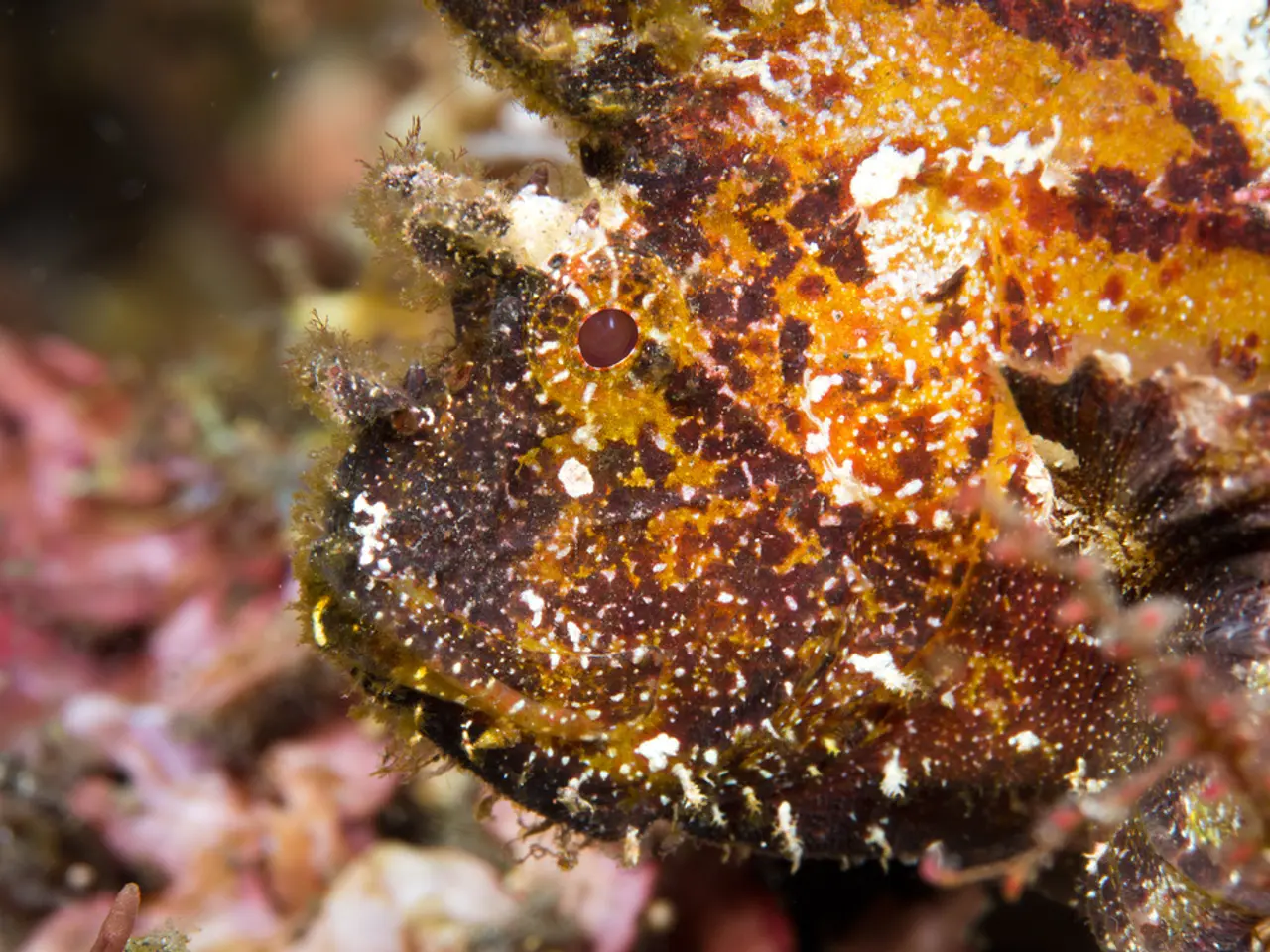If Pondered: How Human Species Might Have Adapted for Aquatic Respiration
In a future not too far-fetched, humanity may find itself venturing beyond the land and into the vast, mysterious depths of the ocean. As technology advances, humans are set to adapt to the ocean, developing underwater tools, equipment, and energy production methods to harness resources from the sea.
This new era would see research missions launched to study the uncharted deep-sea ecosystems, uncovering new species and discovering resources that were once unimaginable. The focus of human technology would likely shift to survival in extreme conditions, with advancements in underwater agriculture, waste management, water filtration, and energy production.
Climate change and habitat destruction could impact an underwater society, requiring the development of strategies to protect underwater ecosystems. To this end, humans might develop the technology to manipulate ocean currents or terraform certain regions to create more hospitable environments for underwater life.
As humans delve deeper, they would need to adapt to the environmental challenges posed by depth, temperature, and oxygen availability. To breathe underwater, humans would need specialized organs for extracting oxygen from water, such as gills. Respiratory adaptations would likely involve gill-like structures or an equivalent respiratory system capable of functioning underwater.
Evolution might favour larger spleens or other organs to store and manage oxygen more effectively, similar to the Bajau people, who have genetically adapted larger spleens to enhance their diving ability. Physical morphology would change too, with features such as webbed fingers and toes, streamlined body shapes, and possibly altered skin to resist cold and reduce drag in water.
Sensory systems would also evolve, with humans developing enhanced underwater vision, improved balance sensing for three-dimensional swimming, and advanced hearing capable of functioning efficiently underwater. Metabolic and cardiovascular changes would support longer dives, with metabolic rates adjusting and cardiovascular adaptations emerging to optimize oxygen use and protect vital organs during extended submersion.
The shift to an aquatic lifestyle would bring about significant social and cultural shifts. Human societies would orient around aquatic environments, with changes in food sources, shelter, transportation, and communication. Aquatic hunting and gathering would dominate, while urban infrastructure might be underwater or amphibious.
However, the psychological impact of underwater living could affect mental health, with feelings of claustrophobia, isolation, and sensory deprivation possible. Reproduction and family dynamics would change to ensure survival in an aquatic environment, with babies possibly being born in shallower areas and reproductive cycles aligning with seasonal water conditions.
Underwater travel and exploration would change dramatically, with advanced underwater vessels, personal aquatic suits, and genetically engineered sea creatures being used for transportation. The exploration of the ocean's vast unknown territories would become a major driving force in human society, with underwater exploration becoming as commonplace as space exploration.
The isolation of underwater living would likely foster communal living, teamwork, and a collective approach to problem-solving. Communication methods would change significantly, with humans developing new ways to interact underwater, such as bioluminescence or chemical signaling. Vision would need to adapt to underwater environments, with larger eyes, advanced lenses, and the ability to see in low-light conditions.
As we delve deeper into the ocean, the future of humanity could be radically transformed. The changes would surpass current human diving capabilities, potentially resembling other marine vertebrates in function and form. This evolution would not only redefine human existence but also deepen our understanding of the ocean and our place within it.
- In this new era, underwater tools and equipment will be essential for humanity's adaptation and resource harnessing from the sea.
- Scientific research will be pivotal, focusing on underwater ecosystems, species, and resources to guide technological advancements.
- With climate change and habitat destruction, human technology will aim at preserving underwater ecosystems, altering ocean currents, or terraforming certain regions.
- As we venture deeper, humans will require specialized organs, such as gills or gill-like structures, for oxygen extraction underwater.
- Evolving physical morphology may include webbed fingers, toes, streamlined body shapes, and skin modifications to resist cold and minimise drag.
- Extended submersion will necessitate metabolic and cardiovascular adaptations for optimal oxygen use and organ protection.
- In the shift to an aquatic lifestyle, society, culture, and communication will evolve around underwater environments.
- Underwater exploration will become as commonplace as space exploration, leading to advancements in personal aquatic suits, genetically engineered sea creatures, and underwater vessels.




